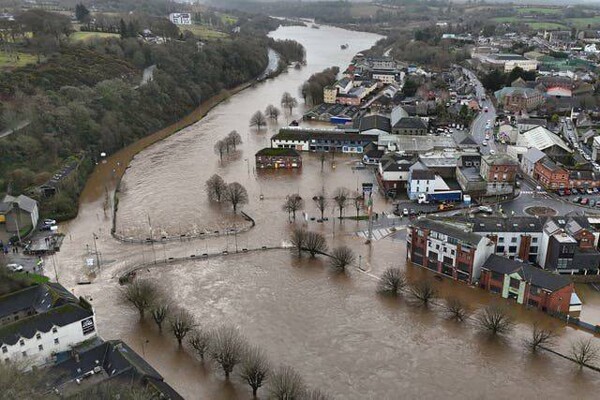
English scientists are hopeful about tracking various "southern polyps" from space. This species, resembling a shrimp, is facing threats from rising temperatures due to climate change and commercial fishing. For this initiative, collaboration is being anticipated from the Worldwide Fund for Nature, Strathclyde University, and the British Antarctic Survey. They plan to compare light patterns and data collected from satellites and remote sensors to gain a better understanding of the habitats of these creatures. Researchers hope that this work will lead to informed decision-making and protection of these small polyp species, each of which does not exceed several centimeters in length. However, they play an important role in the marine ecosystems of Antarctica, helping sustain the resilience of penguins, seals, and the largest animals on the planet, such as blue whales.














